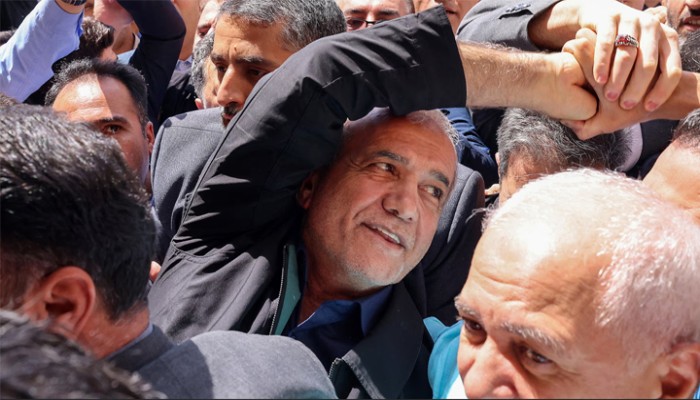
Masoud Pezeshkian, a reformist candidate and veteran lawmaker, has secured victory in Iran’s presidential runoff election, defeating hardliner Saeed Jalili. Pezeshkian's platform included pledges to improve relations with the West and ease enforcement of Iran’s mandatory headscarf law, amid economic challenges and domestic unrest.
The final vote count revealed Pezeshkian garnered 16.3 million votes against Jalili’s 13.5 million, prompting jubilant celebrations in Tehran and other cities. Supporters took to the streets early Saturday morning as his lead solidified, marking a decisive shift in Iranian politics.
Despite his reformist agenda, Pezeshkian has maintained a cautious stance on Iran’s Shia theocracy, affirming the supreme leader, Ayatollah Ali Khamenei, as the ultimate authority in state matters. His administration is expected to face challenges from entrenched hardline factions within the Iranian government.
The election turnout, although extended to midnight to boost participation, reflected ongoing public disillusionment, with the first round seeing historically low voter participation. The outcome underscores Iran's struggle to navigate economic sanctions, internal dissent, and regional tensions.
Pezeshkian’s win comes amid regional complexities, including Iran’s heightened uranium enrichment and ongoing conflicts involving proxy groups like Hezbollah and Houthi rebels. The election outcome is anticipated to influence Iran's foreign policy trajectory, potentially affecting its stance towards Western nations.
By commenting you are accepting our Comment Policy.